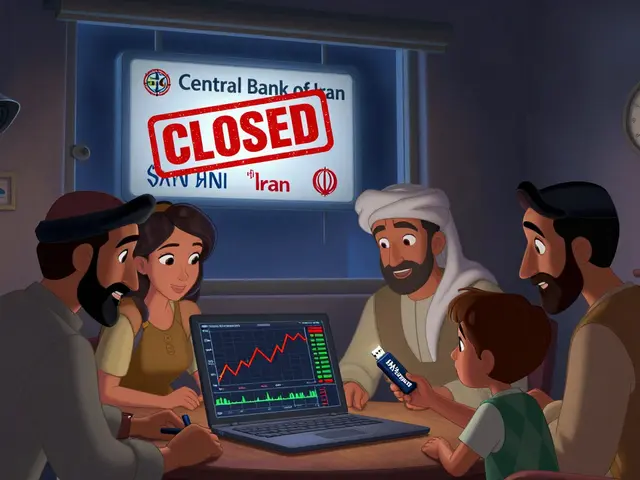Yield farming rewards are taxable income in the US. Learn how the IRS treats DeFi rewards, what to track, how to calculate taxes, and how to avoid penalties with simple, actionable steps.
Crypto Rewards Tax: What You Owe and How to Track It
When you earn crypto rewards, tokens you receive from staking, airdrops, mining, or referral programs. Also known as crypto income, it's treated as taxable property by the IRS and similar agencies worldwide. That means if you got WMX from the Wombex airdrop, ELMON from Elemon’s campaign, or VDR from Vodra’s giveaway—you didn’t just get free tokens. You got a tax bill. Most people think if they didn’t sell the crypto, they don’t owe anything. That’s wrong. The moment you receive those tokens, you owe tax on their fair market value in USD at that exact time.
Staking rewards work the same way. If you earn interest on your ETH, SOL, or even lesser-known tokens like EQPAY or SNC, each payment is a taxable event. You don’t wait until you cash out. You pay tax when the reward hits your wallet. Same with mining. Block rewards from Bitcoin or other Proof-of-Work chains? Taxable on receipt. Even if you’re just holding, the IRS sees that as income. And if you got airdrops from CoinMarketCap campaigns like LNR or FOC? Those are taxable too. The key is tracking the date and value of every single reward. No estimates. No guesses. You need screenshots, wallet exports, or blockchain explorers showing the exact USD value at the time of receipt.
Here’s what trips people up: they think because a token is worthless now—like DAISY or Baryon Network’s token—it wasn’t worth anything then. Wrong. If you got 10,000 DAISY tokens in 2021 when they traded at $0.02 each, you owed tax on $200, even if they’re worth $0.0001 today. The tax is based on value at receipt, not current price. That’s why people end up with huge tax bills years later. They forgot they even got the tokens. And if you used a DeFi platform like DeepBook Protocol or Anypad to earn rewards? The platform won’t send you a 1099. You’re on your own to track it.
That’s where most crypto investors get stuck. They don’t know what to track, how to calculate it, or where to report it. You need to record every reward: what you got, when, and what it was worth in USD. Tools like Koinly or CoinTracker help, but you can do it manually with a spreadsheet. Just don’t skip it. The IRS is auditing crypto now. They’re matching data from exchanges, blockchain analytics firms, and even public airdrop lists. If you got a reward from CoinMarketCap, they know. And they’re watching.
What you’ll find below are real cases from crypto projects—some that paid out, some that vanished, all of which triggered tax events. You’ll see how airdrops from Wombex, Vodra, and Elemon impacted people’s tax returns. You’ll learn what to do if a token crashes after you get it. You’ll find out why staking rewards on lesser-known chains like Sui or BNB Chain still count as income. And you’ll see how to avoid the most common mistakes that turn small rewards into big problems. This isn’t theory. It’s what happened to real people. And it’s what you need to know before your next reward hits your wallet.





